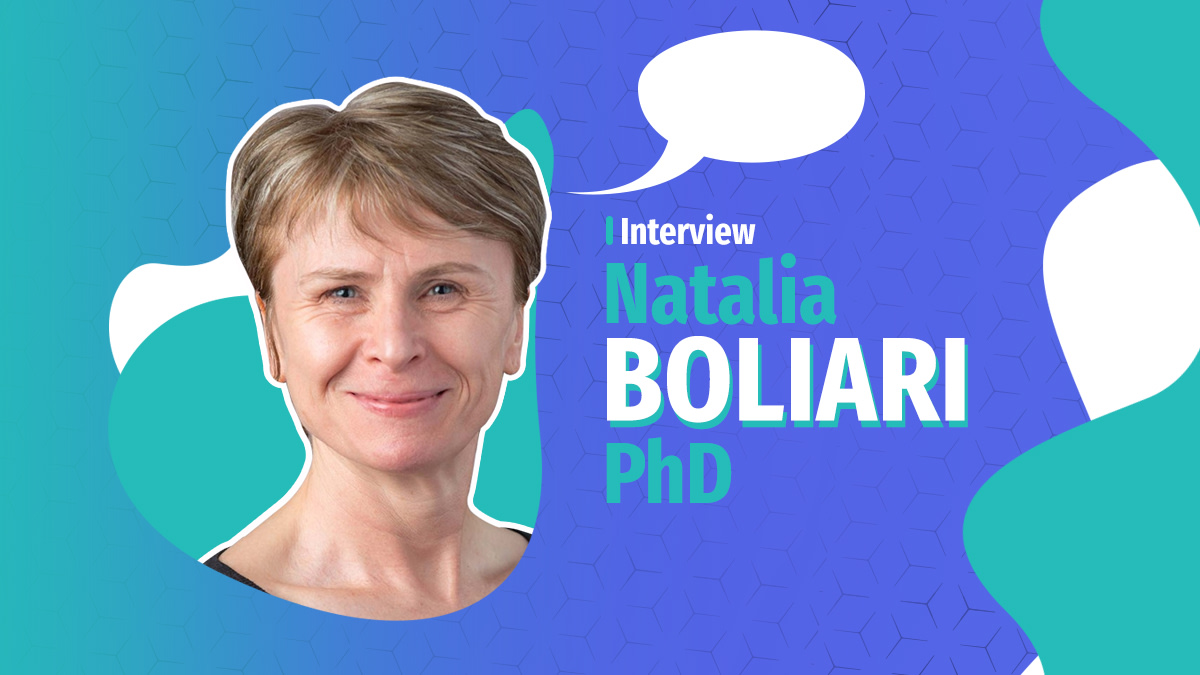Financial Tips for a Secure Future from Prof. Boliari

Joy Wallet is advertiser-supported: we may earn compensation from the products and offers mentioned in this article. However, any expressed opinions are our own and aren't influenced by compensation. To read our full disclosure, click here.
Financial planning during uncertain times
- Track and understand your cash flow well (given your income, how much you spend on housing, utilities, car, etc. vs. on less important things such as dining out, shopping, or traveling for leisure). This will give you an idea of which and how many expenses you can cut when hard times hit. It is, basically, thinking of having an emergency budget, i.e., the situation where you are able to pay for necessities and sacrifice spending on things that aren’t essential to your well-being.
- Definitely have some sort of emergency fund — some amount of money you put in a savings account or CD account that is separate from all your other checking and savings accounts. Deposit the money and just forget that you have it; do not touch it unless you really need to, like in the case when you lose your job.
- If you have debt, eliminate or reduce it ASAP. The burden of debt feels so much heavier in tough times.
- Relieve $25k+ in credit card debt or personal loan debt with this special relief program.
- TurboDebt has a Trustpilot rating of 5/5 based on 1288 reviews
- Subject to qualification and approval. $1,500 monthly income required.
- Apply in 5 minutes. If you qualify, chat online with a friendly online debt representative.
Common pitfalls in retirement budgeting
Managing student loan debt
Inflation and personal savings
Investment strategies for economic downturns
- Commission free stock trading.
- No account minimum.
- Trade stocks, options, ETFs, and more.
- First stock free.
Essential financial habits for young professionals
The importance of financial literacy in debt prevention

- Answer a few simple questions
- Discover personalized stories & offers
- Takes only a few minutes
- Tailored results just for you
- 100% safe and secure
Emergency funds
Automation in personal finance
The FIRE movement
Building and maintaining a strong credit score
Diversifying your investment portfolio
- Stock Recommendations that have beaten the S&P 500 by over 12% - Past 4 years & counting.
- Jargon-free market news with stock research, actionable in just 3-5 minutes.
- Data-drive analysis and personalized recommendations to empower you to make smarter investment decisions.
Finding joy
Joy Wallet is an independent publisher and comparison service, not an investment advisor, financial advisor, loan broker, insurance producer, or insurance broker. Its articles, interactive tools and other content are provided to you for free, as self-help tools and for informational purposes only. They are not intended to provide investment advice. Joy Wallet does not and cannot guarantee the accuracy or applicability of any information in regard to your individual circumstances. We encourage you to seek personalized advice from qualified professionals regarding specific investment issues. Featured estimates are based on past market performance, and past performance is not a guarantee of future performance.
Our site doesn’t feature every company or financial product available on the market. We are compensated by our partners, which may influence which products we review and write about (and where those products appear on our site), but it in no way affects our recommendations or advice. Our editorials are grounded on independent research. Our partners cannot pay us to guarantee favorable reviews of their products or services.
We value your privacy. We work with trusted partners to provide relevant advertising based on information about your use of Joy Wallet’s and third-party websites and applications. This includes, but is not limited to, sharing information about your web browsing activities with Meta (Facebook) and Google. All of the web browsing information that is shared is anonymized. To learn more, click on our Privacy Policy link.
Images appearing across JoyWallet are courtesy of shutterstock.com.
We are entrepreneurs, investors, fintech enthusiasts, journalists, and masters of aggregating and deciphering data. We have been working in the financial services industry for over seven years and wanted to build a place where we can bring together the brightest minds and organizations to help you make more money.
With access to the right opportunities, you can take care of the ones you love and create a more prosperous lifestyle. We made Joy Wallet out of a desire to find the best financial partners, strategies and tools to help you achieve your life goals and make the most of money.











